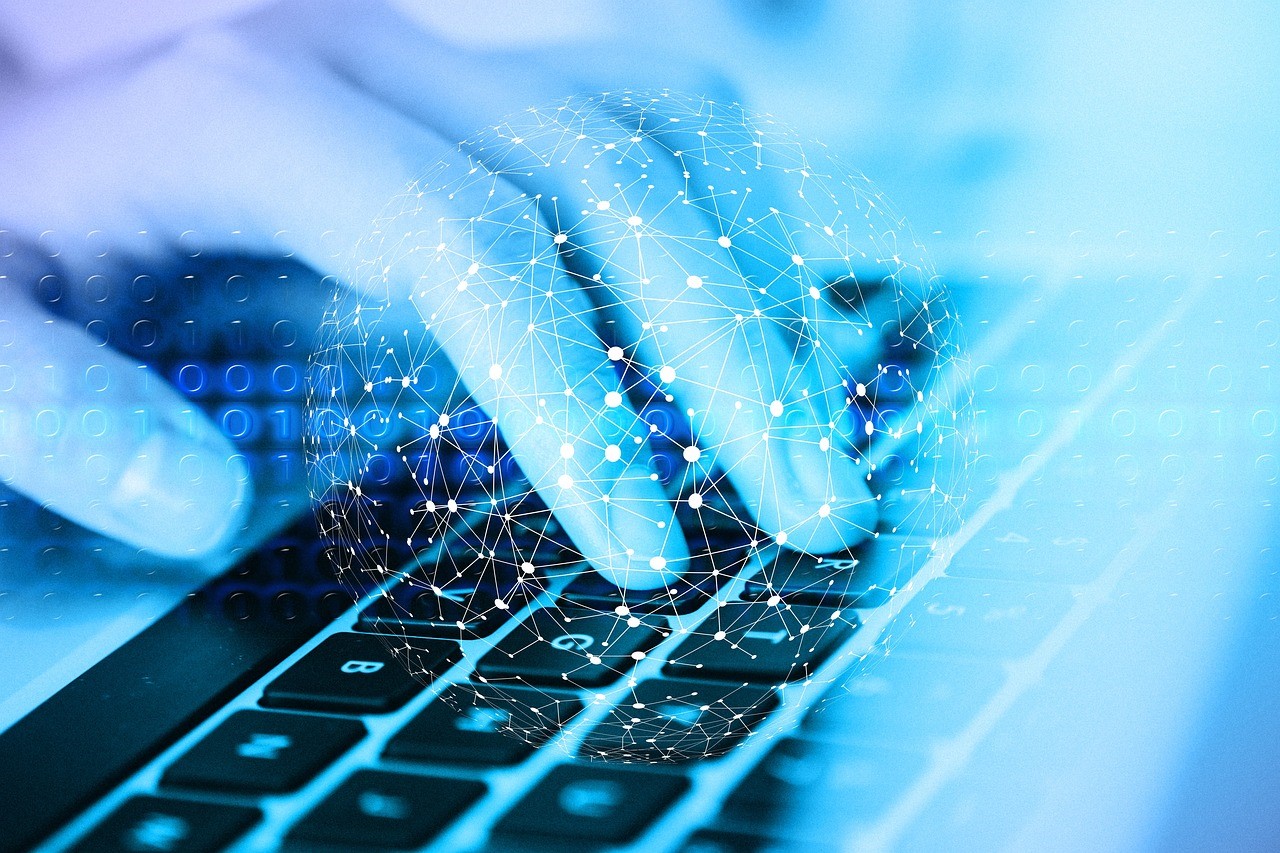Technology has come a long way over the last couple of decades, but moments like the emergence of smartphones, tablets, and contactless payments stick in our memories because of how revolutionary they were. In years to come, blockchain technology will be just as prominent, and the revolution has already started.
What is Blockchain Technology?
Blockchain technology is a decentralised ledger that securely stores information via cryptography. Most people associate blockchain with cryptocurrency, but its use cases stretch from securing patient records to cutting out the middleman to ensure artists get paid what they’re owed.
Fashion and Retail
The fashion and retail industry are a global giant worth around $1.53 trillion, and blockchain is helping to steer it in a new direction. For example, NFT (non-fungible tokens) technology is being used to authenticate products and reduce fraudulent behaviour. Additionally, smart contracts (where NFTs are stored) are being used to promote sustainability by tracking materials from their source.
Elsewhere, blockchain is allowing the creation of new business models including blockchain loyalty programs for customers. As well as this, consumers can now buy premium watches and fine jewellery with Bitcoin & Crypto, which goes to show how prominent blockchain has become.
Healthcare
Healthcare is an important industry that’s a constant victim of criminal behaviour, especially considering how much money is involved. Luckily, innovations in blockchain technology are making the industry more secure by tamper-proofing medical records and increasing patient privacy. As well as this, blockchain is being used to streamline clinical trials and bring useful drugs onto the market much faster.
Financial Services and Banking
Given blockchain is the infrastructure used to create cryptocurrencies, there’s no surprise it’s having such an enormous impact on the financial and banking industry. As with other industries, blockchain is helping to reduce fraudulent behaviour because it’s nearly impossible to hack into or change. After all, if a change is made on a blockchain, it’s visible to all members of the chain simultaneously.
Blockchain ecosystem Ethereum, which is responsible for creating smart contracts, is especially significant in the financial industry because of the rise of decentralised finance apps including MetaMask, PancakeSwap, and Liquity. These DeFi apps give people a viable alternative to using centralised services, which often come with hefty fees and hidden costs.
Gaming
The gaming industry is another global giant that blockchain is changing – arguably for the better. For example, pay-to-earn (P2E) games like the upcoming Pikamoon allow players to own the assets they buy. This is because everything is built on blockchain using NFT technology, which means assets can be traded or sold through the game’s marketplace or on external NFT marketplaces.
Ownership is only one positive change. NFT games have native tokens required to play the game, but players can also earn tokens by completing different milestones. These tokens can be moved to an exchange and swapped for other crypto or fiat currencies.
Blockchain technology is having a positive impact on many industries, but it’s still in its infancy. Following further developments, regulations and the eventual mainstream adoption/acceptance, blockchain will stand in our memories as another prominent technology.
